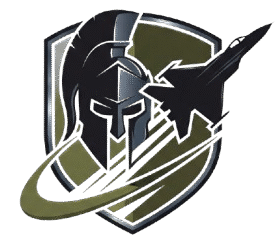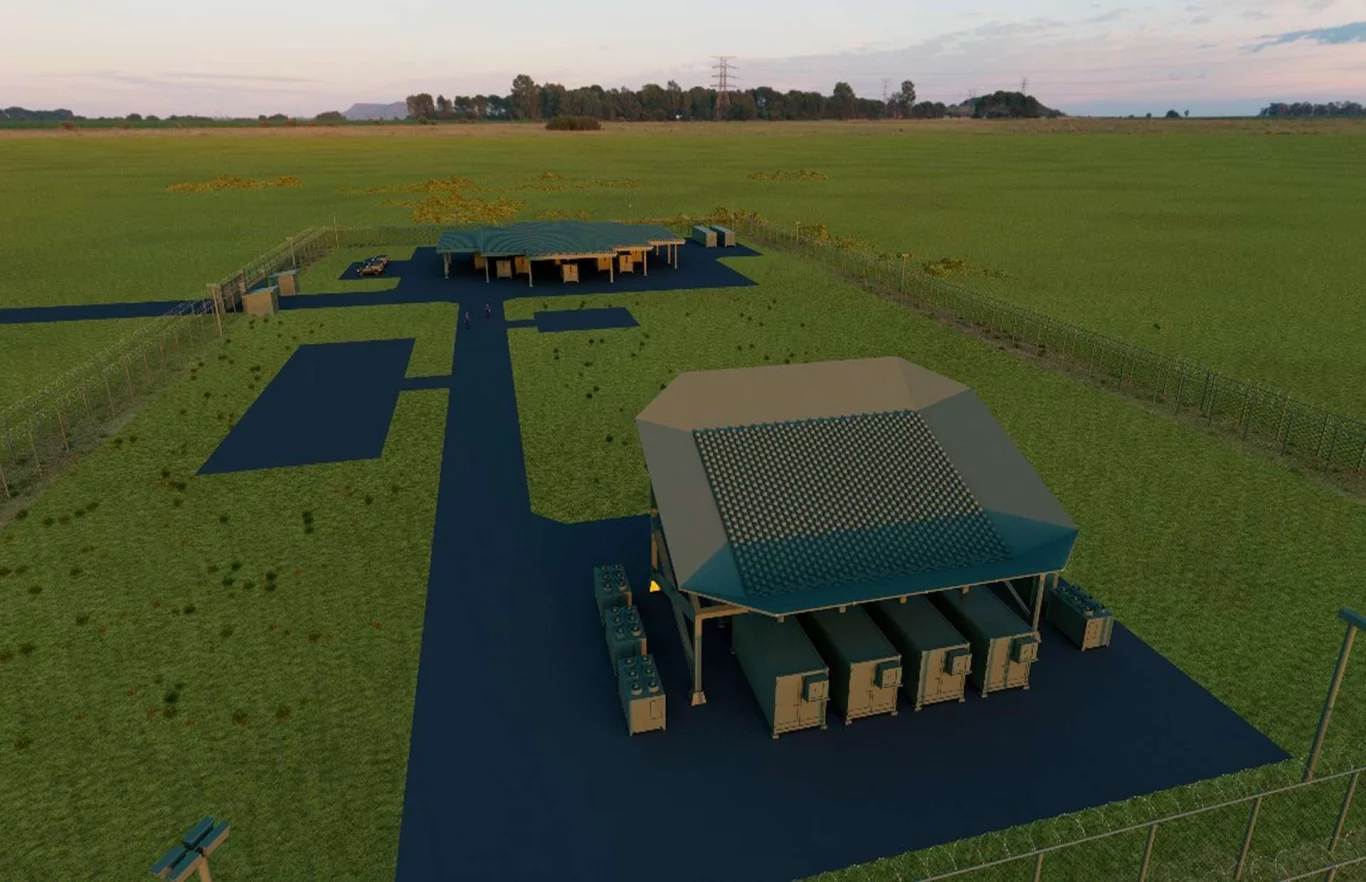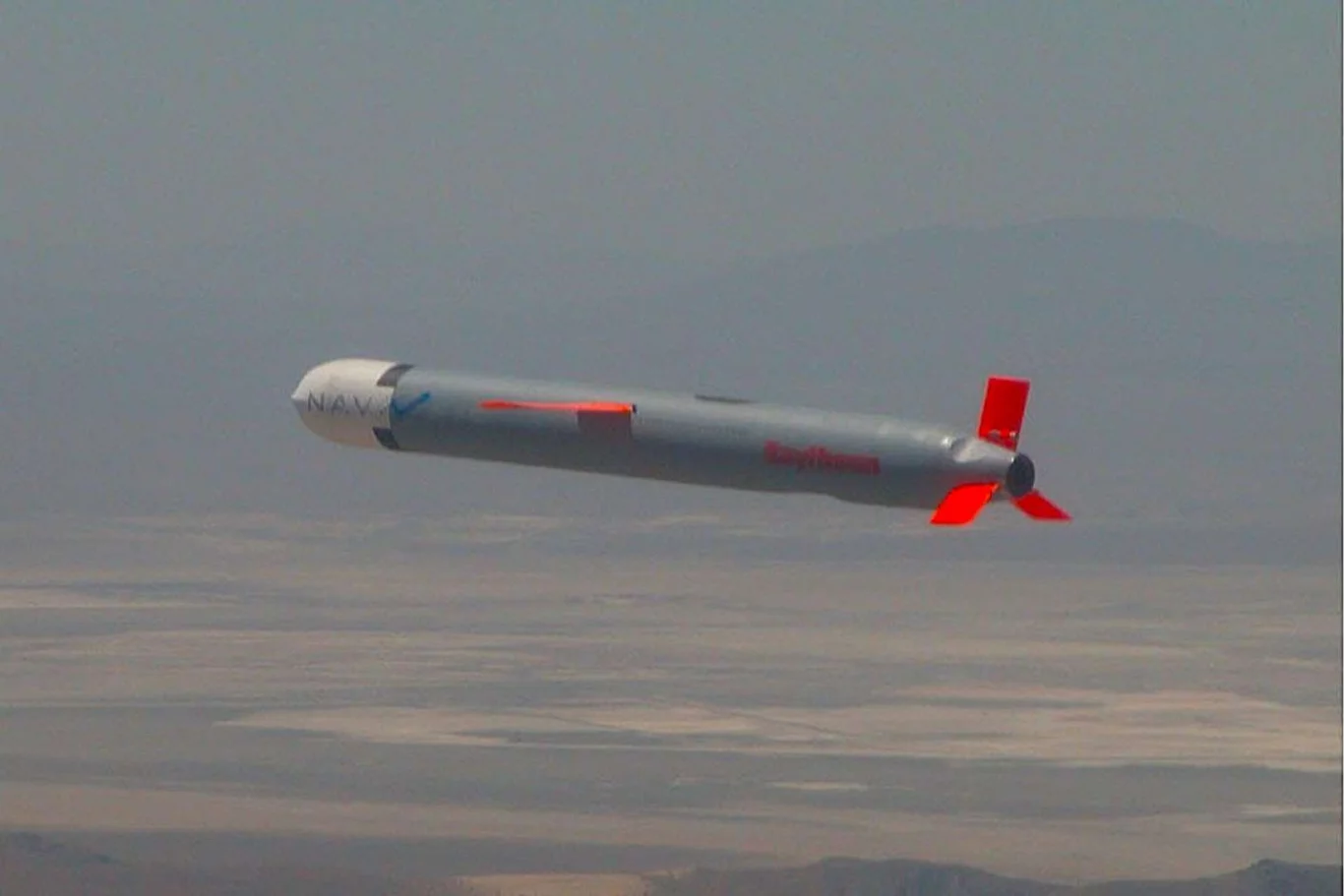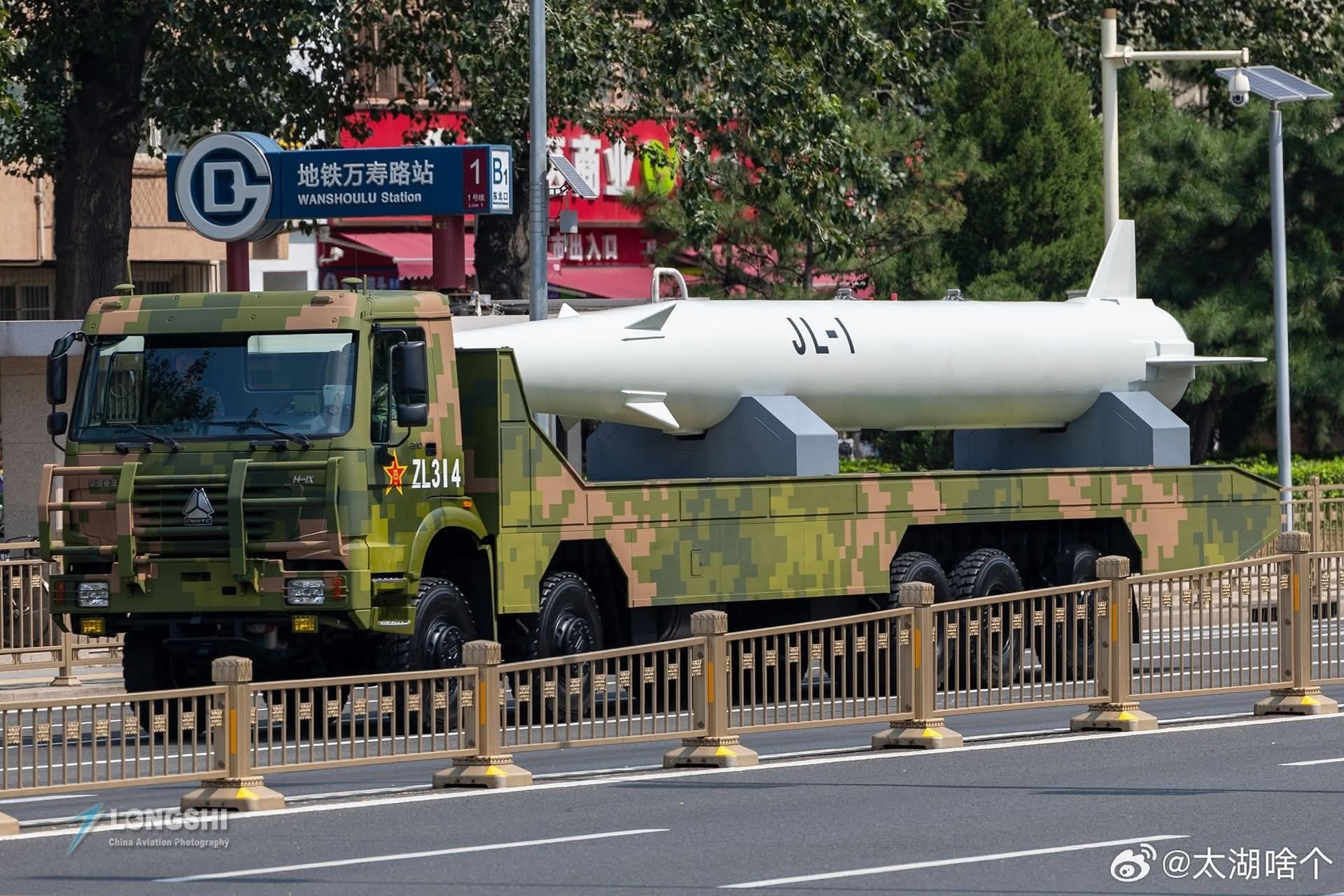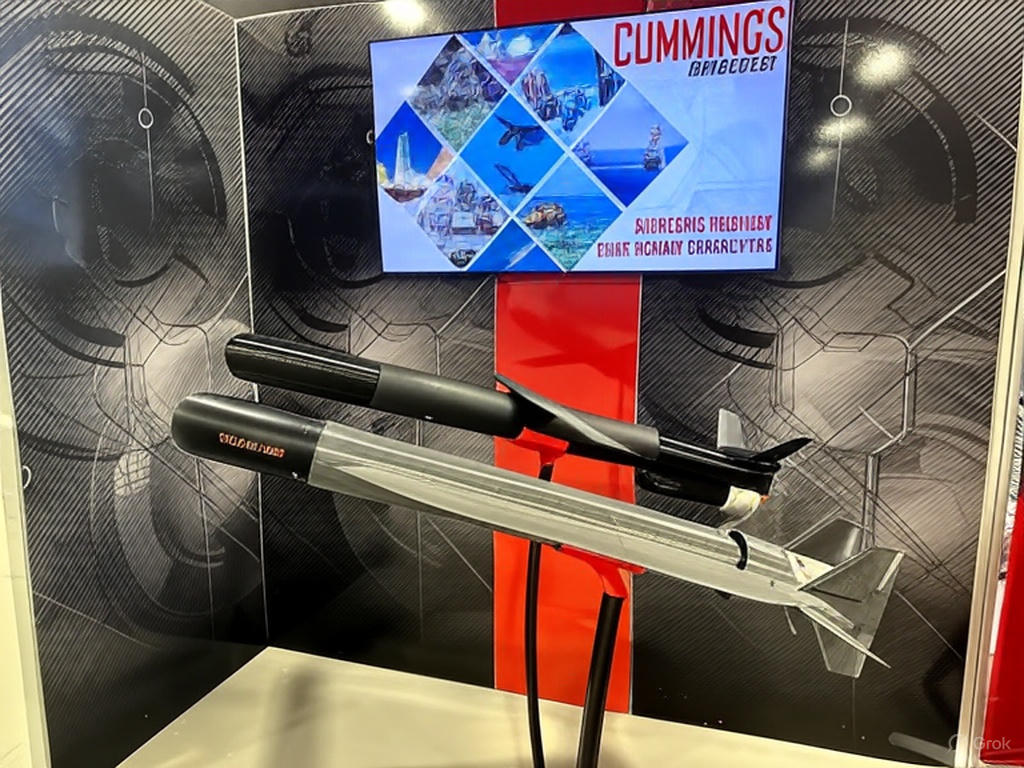In a forward-thinking move that underscores the escalating importance of space security, France has officially placed an order with Thales for its groundbreaking AURORE radar system. This significant procurement is set to redefine Europe’s ability to monitor and safeguard its assets in Low Earth Orbit (LEO), a rapidly populating and strategically critical domain. The decision reflects a growing recognition among European nations that sovereign capabilities are paramount in an increasingly contested and congested space environment.
For decades, space has been perceived as a tranquil frontier for scientific exploration and communication. However, the exponential growth in satellite constellations, the increasing threat of space debris, and the potential for adversarial actions have transformed LEO into a bustling, complex, and vulnerable arena. France, through this investment in the Thales AURORE, is taking a decisive step to ensure its — and by extension, Europe’s — autonomy and security in this vital domain.
The Imperative of Space Domain Awareness (SDA)
Space Domain Awareness (SDA) is the comprehensive knowledge and understanding of all objects and activities in space, both natural and man-made. It encompasses tracking operational satellites, identifying potential threats, predicting collisions, and monitoring space debris. Without robust SDA, nations are essentially blind to what is happening above their heads, leaving their critical space infrastructure – vital for everything from navigation and weather forecasting to defense and communication – exposed to unforeseen risks.
The AURORE radar is designed to significantly bolster France’s SDA capabilities, particularly within the challenging LEO environment. LEO, typically defined as altitudes between 160 and 2,000 kilometers, is where the vast majority of operational satellites reside and where the risk of collision with the millions of pieces of space debris is highest.
Thales AURORE: A Glimpse into its Capabilities
While specific technical details of the AURORE (likely an acronym related to Advanced Universal Radar for Orbiting Object Ranging and Estimation, or similar) are proprietary, a modern space surveillance radar system like this would possess several key attributes:
- Long-Range Detection and Tracking: Capable of detecting small objects (down to a few centimeters) at LEO altitudes, day and night, regardless of weather conditions.
- High Precision and Resolution: Essential for accurately characterizing orbits, predicting conjunctions (close approaches between objects), and identifying potential collision risks.
- Phased Array Technology: Likely employs advanced active electronically scanned array (AESA) technology, allowing for rapid beam steering, multiple target tracking, and resilience against interference.
- Data Processing and Fusion: Integrated with sophisticated algorithms to process vast amounts of radar data, filter out noise, and fuse information with other sensors (e.g., optical telescopes) for a more complete picture of the space environment.
- Autonomous Operation: Designed for high levels of automation to manage the immense volume of space objects and minimize human intervention in routine tracking tasks.
Redefining Europe’s Watch Over LEO
France’s acquisition of the AURORE radar is not just about national security; it has broader implications for Europe:
- Sovereign European Capability: While collaborations with the US Space Force and other international partners are vital, developing indigenous SDA capabilities provides European nations with critical autonomy. It ensures that crucial decisions regarding space asset protection can be made based on independent data and analysis.
- Contribution to European Space Security: The AURORE system will undoubtedly contribute data to a wider European network of space surveillance and tracking (SST) assets, enhancing the collective ability of EU member states to monitor space and protect their respective national and commercial satellites.
- Economic Protection: Europe is heavily reliant on space-based services. Protecting these assets from debris and hostile actions is directly linked to economic stability and growth across various sectors.
- Technological Leadership: Investing in advanced systems like AURORE reinforces Europe’s position at the forefront of space technology and innovation, stimulating research and development within the continent’s defense and aerospace industries.
- Deterring Aggression: A robust SDA capability also serves as a deterrent. By clearly demonstrating the ability to track and understand activities in space, potential adversaries are less likely to engage in disruptive or hostile actions, knowing they will be detected.
The Threat Landscape in LEO
The need for AURORE is driven by several converging threats:
- Space Debris: Millions of fragments from old satellites, rocket bodies, and anti-satellite (ASAT) weapon tests orbit the Earth. Even small pieces can cause catastrophic damage to operational satellites.
- Mega-Constellations: Companies like Starlink, OneWeb, and Kuiper are launching thousands of satellites into LEO, creating unprecedented congestion and significantly increasing collision risks.
- Anti-Satellite (ASAT) Weapons: Several nations are developing and testing ASAT capabilities, raising concerns about the intentional destruction of satellites and the generation of even more debris.
- Rendezvous and Proximity Operations (RPOs): While many RPOs are benign (e.g., satellite servicing), they can also be used for surveillance, interference, or even kinetic attacks, necessitating vigilant monitoring.
A Beacon for Future Space Security
France’s order for the Thales AURORE radar system is a testament to its proactive approach to national security in the 21st century. It symbolizes a clear understanding that true sovereignty now extends beyond terrestrial borders into the vast expanse of space. As the AURORE comes online, it will stand as a critical component in Europe’s efforts to maintain a vigilant watch over LEO, safeguarding its invaluable space assets and contributing to the stability of an increasingly complex and strategically vital domain. This move will not only secure France’s interests but also significantly enhance Europe’s collective space resilience for decades to come.
